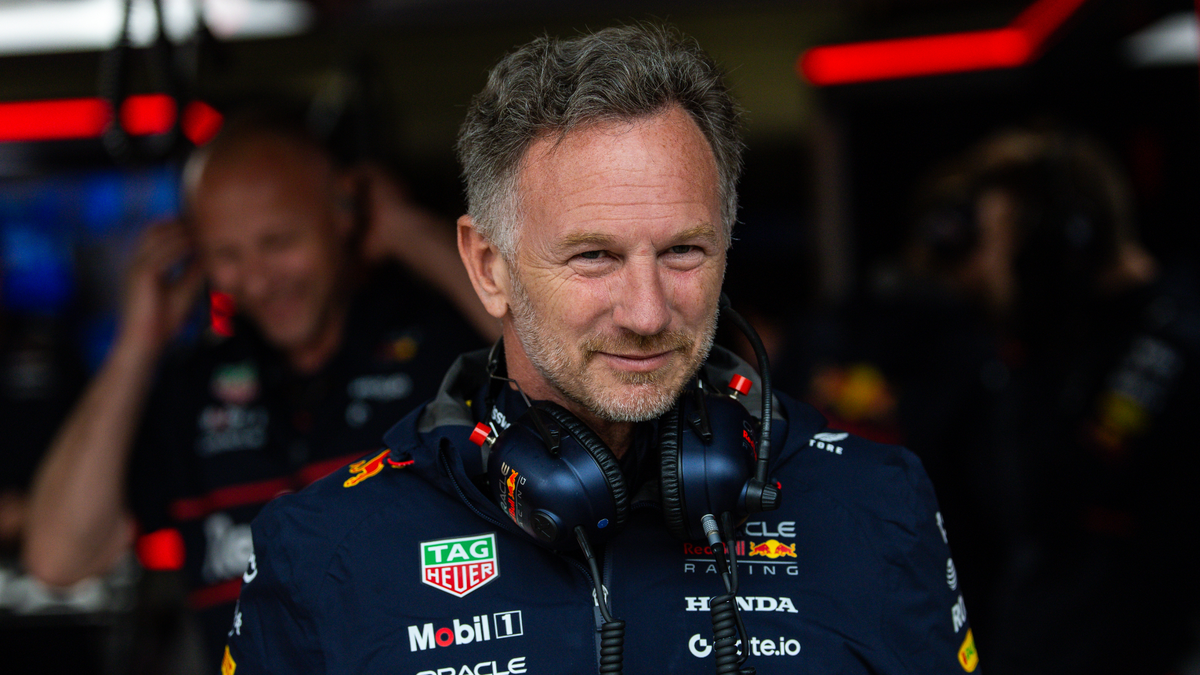The Supreme Court (made up of Rosatti, Lorenzetti and Rosenkrantz) in the caseOviedo, Javier Darío C/ Telecom Argentina and others (172025), revoked the automatic extension of patrimonial responsibility towards the members of the Board of Directors Telecom Argentina. They were Enrique Garrido, Andrea Mangoni and Gerardo Werthein. The Second Instance Labor Court charged them, based on the Arts. 59 Y274 of the Societies Lawsolidarity responsibility for labor compensation, estimating that they acted “with full knowledge” and hid the true employment relationship through interposed societies
In sum, the conviction was ratified exclusively against companies involved, without extending it to its directors.
Supreme Court of Justice Rosatti Lorenzetti Rosenkrantz.jpg
The Supreme Court of Justice.
Imagine a fictional court led by a conservative magistrate, with sensitivity towards business reality and enthusiast of modern solutions such as artificial intelligence (AI).
- a) Defense of corporate structure
He maintains that Legal autonomy of society It is an essential pillar of modern capitalism. Only in exceptional (well proven) cases should the corporation of the corporate veil to affect the personal assets of the administrators.
- b) Operational delegation and impracticability of supervision
Highlight that, in companies with complex structures, it can never be required that each member of the Board personally review each hiring or employment relationship. The managers They establish general directives and control systemsand microsupervisión is the competence of the executive and support line.
- c) Good business man in the AI era
The APPLICATION OF IA for Supervision and Management. Value that modern companies incorporate digital tools, algorithms and predictive systems as part of their compliance system, which allow filtering occupational risks and preventing breaches. These tools transform the directory’s functionwhich must now focus on data governance, technological supervision and adoption of AI to strengthen controls.
- d) Responsibility standard: serious guilt or intent
The court emphasizes: unless it is proven that the director violated, consciously or negligently, some of their duties (such as not implementing adequate AI policies or disregarding alert signals in automated systems), Personal responsibility cannot be attributed.
Id_472_Palacio_de_justicia_de_la_nación_5006
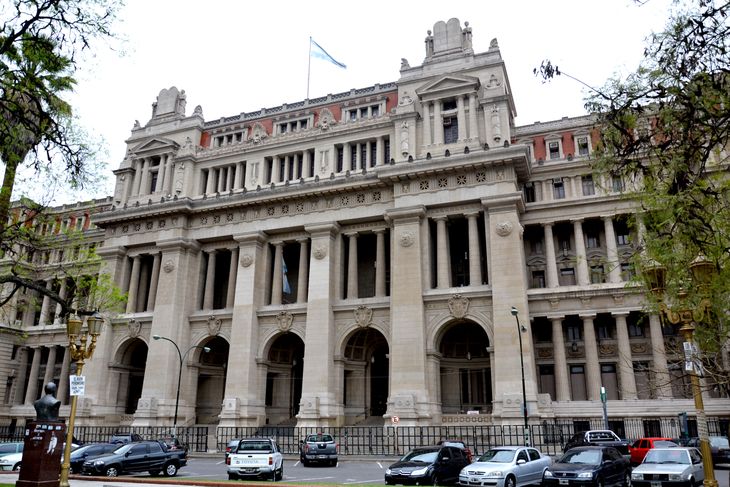
The “Oviedo” ruling feels key jurisprudence for large companies and their directories.
To base their arguments mentioning, in reality, real and coherent precedents:
- “Carballo” and “Palomeque” failuresconfirmed by the Court, highlight the requirement of concrete evidence to hold directors responsible.
- The Oviedo ruling serves as a direct basis, sustaining the imputation imputation without analyzing delegation and existence of controls in large companies.
- New precedents: future assumptions where an analysis of the Regulatory role of the Board of Directors in AI. In them, it is recognized that the diligence implies assessing whether automatic learning models were incorporated to detect atypical hiring or undercover employment risks.
Judicial-Aagc
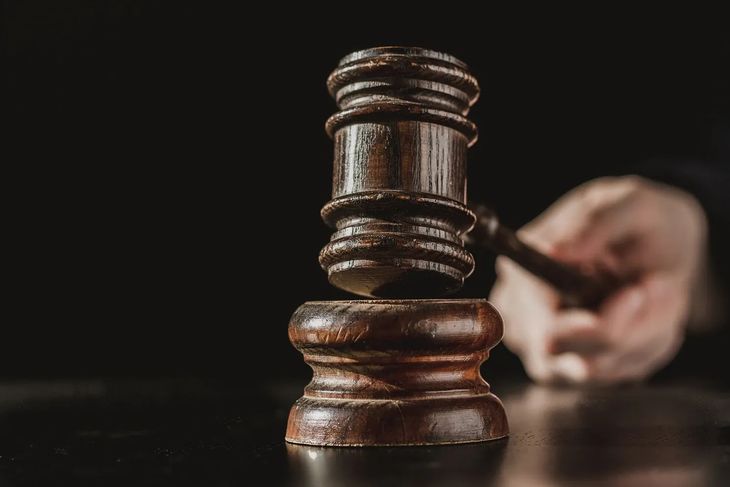
In complex structures, responsibility cannot be attributed without control tests or analysis.
The ruling protects directors from interpretive abuse of labor law, preventing them from being used as patrimonial “hostages.”
He assures that companies can attract managerial talent knowing that they will not assume responsibility for errors not directly attributable to them.
Stimulates companies to invest in digital compliance toolspredictive and analytical dataphone of Big Data.
The correct adoption of AI not only minimizes operational risks, but can serve as Legal shield: Early alert systems and decisions traceability are a sign of good management.
JUSTICE ARTIFICIAL.JPG
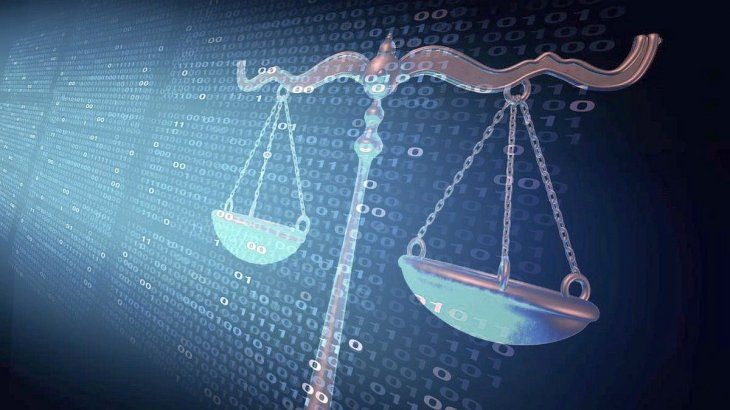
AI and Complence, key tools for preventing risks and protecting management function.
Here Madrid
Although the worker’s protection is not eliminated, the demands are required against the true employer based on objective evidence.
The labor system gains clarity: If there is fraud or cover -up, the focus will be in the employer and in the corporate structure, not in managers who did not have direct intervention.
Justice with Ia.jpg
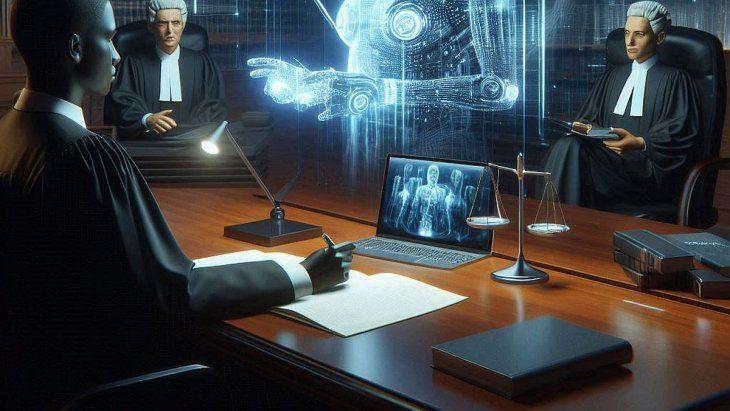
The figure of the “good businessman” is updated with digital governance and traceability.
Image created with artificial intelligence
In this interpretation, a Magistral balance between the rigor of law, economic reality and technological tools. It reaffirms the tradition of restrictions on arbitrary judicial intervention, robust the business structure and projects labor law towards a digital and intelligent world. Because, as the classics say and with a vision of the future: it is not enough to have will; You have to have systems, norms, algorithms that support it.
Thus, the directors remain Liberated from patrimonial fearwhile companies illuminate in a path where AI is not only efficiency, but also Preventive shield and guarantee of good administration. And you, who live corporate reality day by day, know that this is the right way: tradition with responsibility, technology with ethics, business with legal certainty.
Lawyer. Specialist in Work and Master in Employment and Judicial Innovation. Diploma applied to management in digital environments.
Source: Ambito
David William is a talented author who has made a name for himself in the world of writing. He is a professional author who writes on a wide range of topics, from general interest to opinion news. David is currently working as a writer at 24 hours worlds where he brings his unique perspective and in-depth research to his articles, making them both informative and engaging.


